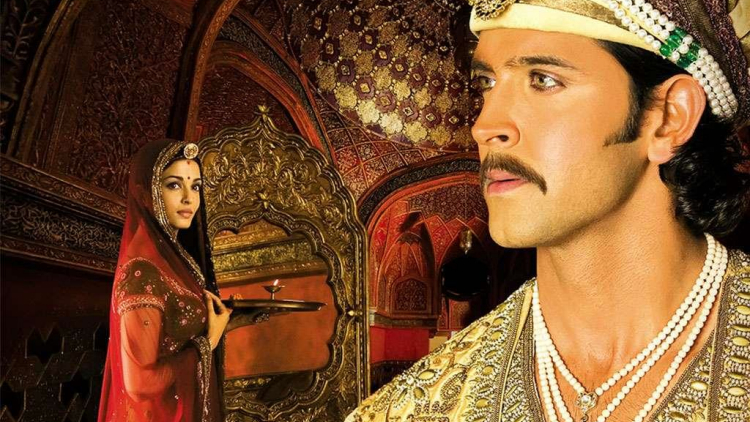Finding Tolerance in Akbar, the Philosopher-King
By Craig Considine | Aug 23, 2013

Akbar the Great, ruler of most of South Asia in the 16th and early 17th century, rejected bigotry and made unprecedented moves to help non-Muslims feel at peace in his Mughal empire. In reflecting more closely upon his character and conduct, we can see how Akbar’s actions are antithetical to current discrimination and violence against vulnerable religious communities around the world today, especially in Pakistan, a land he once ruled.
Born in Umarkot, India in 1542, Akbar the Great took over as ruler of the Mughal empire when he was just 14 years old. Although Akbar was born into a Sunni Muslim family, he received an education by two Persian scholars on religious matters, which likely had an impact on his tolerant vision for Mughal society. After several triumphant military conquests, which expanded his empire as far north as modern-day Afghanistan and as far east as Bengal, Akbar began to implement an inclusive approach toward non-Muslims, ushering in an era of religious tolerance based on the Sufi concept of Sulh-e-kul, or “peace to all.”
Despite never learning how to read or write, Akbar the Great was a curious thinker who constantly yearned for knowledge. His son Salim, who would later take the name of Emperor Jahangir, stated that Akbar was “[a]lways associated with the learned of every creed and religion” and always in “intercourse with the learned and the wise.” Throughout his rule, Akbar invited theologians, poets, scholars and philosophers of Christian, Hindu, Jain and Zoroastrian faiths to his court to carry out a dialogue about religion. As his interest in other religions expanded, Akbar amassed a library that consisted of more than 24,000 volumes of Hindi, Persian, Greek, Latin, Arabic and Kashmiri texts.
Akbar was so convinced of the commonalities among religions that he even attempted to unite them in creating his very own religion, known as the Din-e-Ilahi, or “the religion of God.” In borrowing ideas from Sufism, most notably from the scholar Ibn Arabi, Akbar looked at how major religions could be synthesized in their shared belief in the almighty. In creating the Din-e-Ilahi and breaking away from the notion of Islam’s superiority over all other religions, Akbar achieved his single greatest feat: “liberating the [Mughal] state from its domination by the [clerics],” as suggested by leading historian R.S. Sharma.














